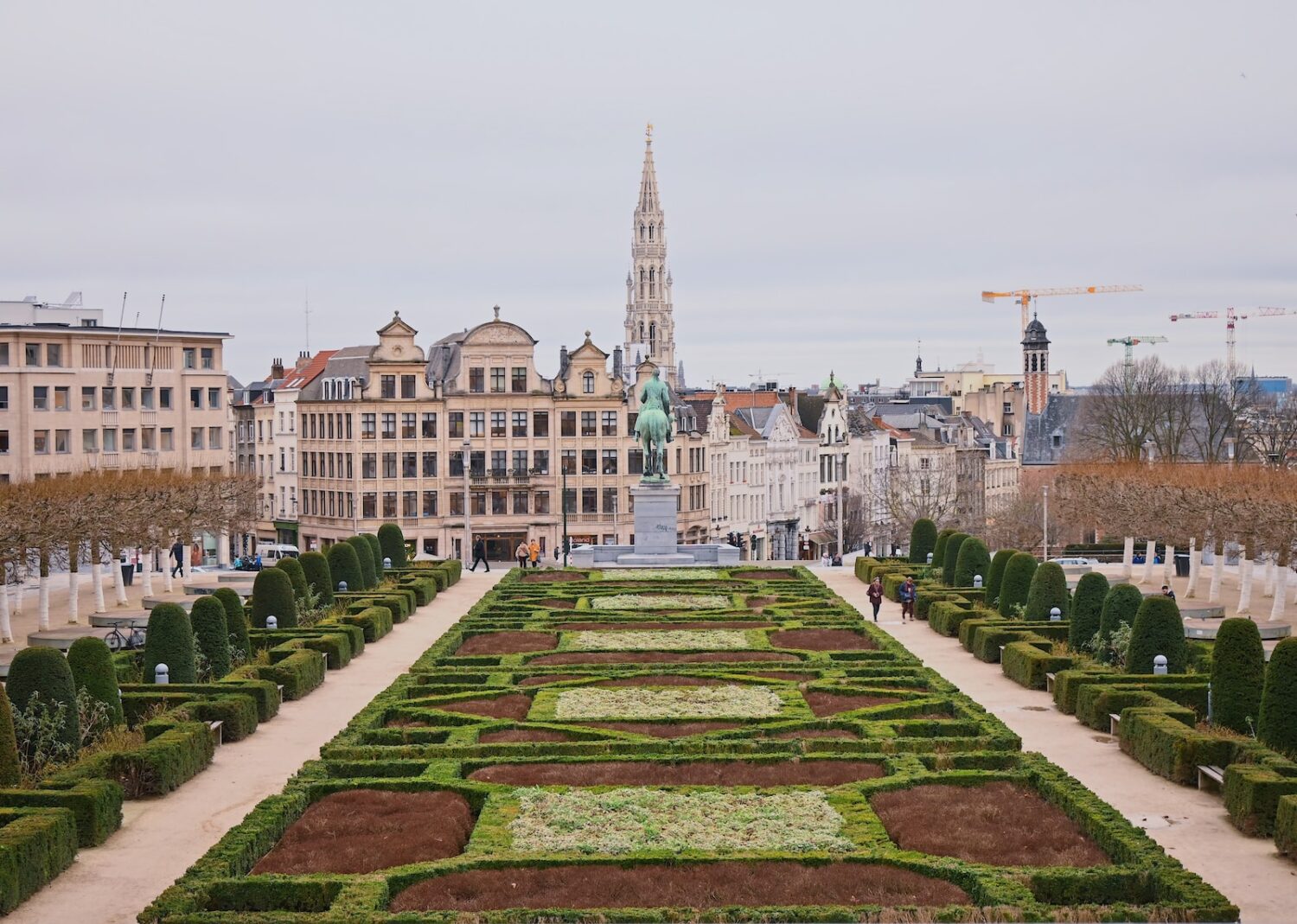A new report by UN International experts advancing racial justice and equality in policing, published after an official visit to the country, shows that Black people in the US are three times more likely to be killed by police than if they were White, and 4.5 times more likely to be incarcerated.
Dr Tracie Keesee, an expert member of the task force, said the testimonies she heard on how victims do not get justice or redress were “heart-breaking” and “unacceptable”.
“All actors involved, including police departments and police unions, must join forces to combat the prevailing impunity,” she said.
‘A legacy of slavery’
During their country visit, the experts heard testimonies from 133 affected individuals, visited five detention centres and held meetings with civil society groups as well as government and police authorities in the District of Columbia, Atlanta, Los Angeles, Chicago, Minneapolis and New York City.
They say that racism in the US, “a legacy of slavery, the slave trade, and 100 years of legalized apartheid that followed slavery’s abolition”, continues to exist in the form of racial profiling, police killings and many other human rights violations.
Chained in childbirth
The experts condemned the “appalling” overrepresentation of people of African descent in the criminal justice system.
They expressed concern over instances of children from the diaspora being sentenced to life imprisonment, pregnant women in prison being chained during childbirth, and persons held in solitary confinement for 10 years.
Not just a few ‘bad apples’
The report notes that there are more than 1,000 cases of killings by police each year in the country but only one per cent result in officers being charged.
The experts warned that if use of force regulations in the US are not reformed in accordance with international standards, killings by police will continue.
“We reject the ‘bad apple’ theory. There is strong evidence suggesting that the abusive behaviour of some individual police officers is part of a broader and menacing pattern,” said Professor Juan Méndez, an expert member of the Mechanism, as the Human Rights Council-appointed panel is formally known.
Mr. Mendez stressed that the police and justice systems reflect the attitudes prevalent in US society and institutions and called for “comprehensive reform”.
Alternative approach
The report’s authors insist that armed police officers “should not be the default first responders to every social issue in the US”, including for mental health crises or homelessness, and call for “alternative responses to policing”.
The experts highlighted the burden of a “work overload” on police officers, as well as systemic racism within police departments, which need to be addressed.
Good cop recommendations
The report made 30 recommendations to the US and all its jurisdictions, including the more than 18,000 police agencies in the country. It also highlighted local and federal good practices.
“We encourage the good practices to be reproduced in other parts of the country. We look forward to continuing to cooperate with the US to implement these recommendations,” Prof. Méndez said.
The Mechanism comprises three experts appointed by the Council: Justice Yvonne Mokgoro (Chair), Dr Keesee and Prof. Méndez. The experts are not UN staff and do not receive a salary for their work.














